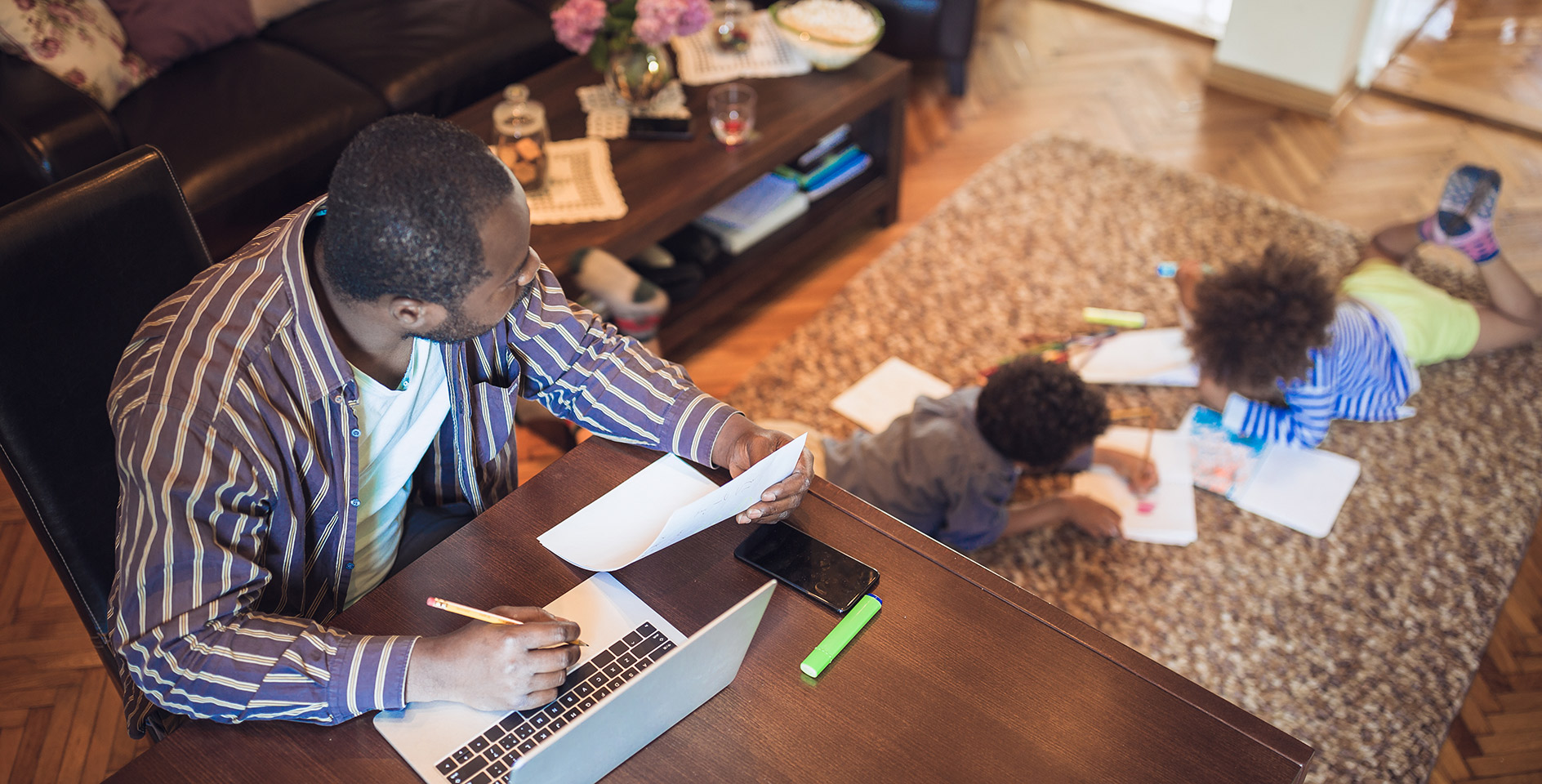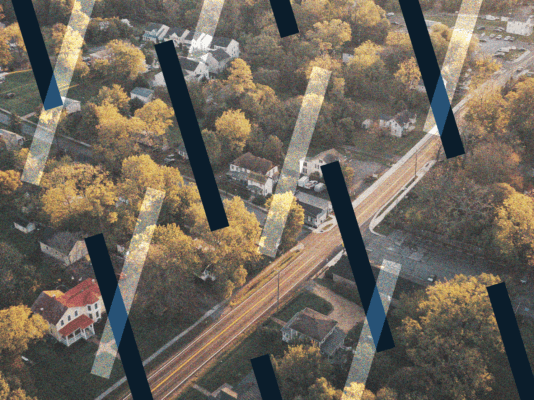With states beginning to announce plans for opening local economies back up amidst the COVID-19 pandemic, many families are going to be faced with difficult decisions. When should we start going out again? Where will it be safe for us to go? When we go somewhere, what precautions should we take? Once looser restrictions are put in place, decisions that were made for us by our government leaders will be placed in our hands. While these choices are indeed difficult ones to make, they will be even more difficult when you consider that people will inevitably disagree about what is best when re-engaging the public on a day-to-day basis.
What do I need to do if those closest to me, including other extended family members and close friends, want to engage with the public is a different way than I am comfortable with for myself and my family? How can I remain loving and kind, even when I disagree with others about how to apply social distancing? While these questions may seem daunting, thankfully, we are not without biblical wisdom on these matters. Here are a few things to keep in mind:
Stay informed
Although the government may begin to loosen restrictions on social distancing, we should continue to listen to the recommendations that are being made by our leaders to protect ourselves and one another. When we take precautions, we are being a loving neighbor to those around us. On the other hand, re-engaging in a prudent way and putting resources back into our local economy is a way to love our neighbor.
We can find the right balance by deciphering the best information and thinking critically. My family is fortunate enough to be under the care of a family medical practice who has been engaged with COVID-19 and posting regular updates on social media about the pandemic and its public health ramifications. Finding people that you trust, especially local medical and community leaders, can give you the confidence that you are making decisions based on facts and not fear or other emotions. When people disagree with you, you can point them to this information and tell them how valuable it has been in your decision-making process.
Remember what we can and cannot control
I was encouraged recently while listening to an episode of The Way Home with Dan Darling when he hosted Jesse and Julie Masson discussing the pandemic. Jesse is a skilled Christian counselor who reminded us that there are certain things that we can control, and conversely, there are certain things that we cannot control. When we focus our energy on things that we can control, like how we keep our family as safe as possible, we do not have to fret over the actions of others. Worrying about things we cannot control can bring great levels of anxiety in our lives, but the Lord calls us to bring our anxieties to him because he cares for us (Matt. 6:25-34; 1 Pet. 5:7). The beautiful thing about bringing the cares we cannot control to the Lord is that he can control them, and he is able to work even the grimmest of realities for the good of those he calls his own (Rom. 8:28).
Engage with others about our decisions in an understanding way
Having equipped ourselves with the best information possible, and trusting the Lord with our decisions, we must be ready to talk boldy and lovingly about the way we have decided to practice social distancing without fear or arrogance. If your extended family does not understand why you have chosen not to come to a family gathering, find a way to explain why you have reached your conclusions. Affirm your love for them and your desire to protect others. Even if they do not ultimately understand, your conscience can be clear that you are doing your best to be a loving family member and neighbor.
Find ways to honor those who disagree with you, whether it’s through continued video calls, letters, cards, and even drive-by visits. Ensure that those who disagree with you do not feel unfairly judged by you, if at all possible. If you find yourself with looser standards for social distancing than those around you, try not to be offended or frustrated with those who disagree. Remember that this is a serious matter that has radically changed our way of living.
No matter where you find yourself on the spectrum of viewpoints about this pandemic, remember that often the things that divide us are not as great as the things that unite us. Let’s celebrate the love that we have for our Lord and his gospel. Let’s be unified in our disdain for sickness and disease that has broken our world. Let’s all look forward to the hope that we have that God will show himself as good and sovereign even in the darkest of times. Afterall, Jesus said that the unity of the church would be an indicator to the world that he is the one that the Father has sent to be our rescuer (John 17:21).










